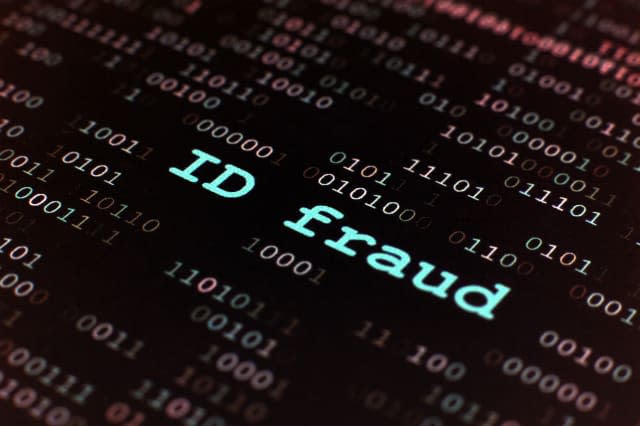The most serious fraud threat facing you today

New research has revealed a massive surge in current account fraud, so that it's now the most virulent form of fraud in the country. Fraudsters are stealing people's personal details, and using them to open current accounts, putting them at risk from overdrafts - and more widespread identity fraud.
Current account fraud is now so common that at least 89 in every 10,000 applications for a current account are made by a fraudster. Experian said the huge spike in current account fraud attempts was likely to be a result of the new rules requiring banks to switch current accounts within seven days. It said that fraudsters were convinced that the new rules would put the system under enough pressure to enable their fraudulent applications to slip through the net.
The criminals favour this kind of fraud because not only does it give them easy and immediate access to overdrafts, but it can also be a useful stepping stone to other kids of financial fraud - because they now have official proof that they are you.
%VIRTUAL-ArticleSidebar-ID Fraud%
Protect yourself
The good news is that according to Nick Mothershaw, UK and Ireland Director of Identity and Fraud at Experian: "While fraudsters may be taking the opportunity to test the security of lenders systems, increased detection rates are showing that their systems are clearly holding up." However, he adds that it remains important that people do everything they can in order to protect themselves too.
He said phishing scams are a common way for fraudsters to get hold of the details they need in order to take your identity. If you receive a call, letter or email, asking you to confirm your details or any account numbers or passwords, it's best to assume it is fraudulent, and not respond. Banks are very clear that they will not call and ask for your sensitive data.
If you think there may be some truth in a call, email or letter, then separately contact your bank (on a different phone and using a phone number you have found on your official documents) and check whether the contact you have had is genuine.
Your mail is another weak point that can make you vulnerable. It's important to shred any mail with your personal details, and if you live in a flat where mail is delivered to a communal area, arrange for sensitive mail to be delivered to a more secure address or opt for online communications.
Fraud stories on AOL Money
Scamwatch: online gaming fraud
Beware of pension scammers, over-55s warned
Fraud risk for pensioners cashing in annuities





